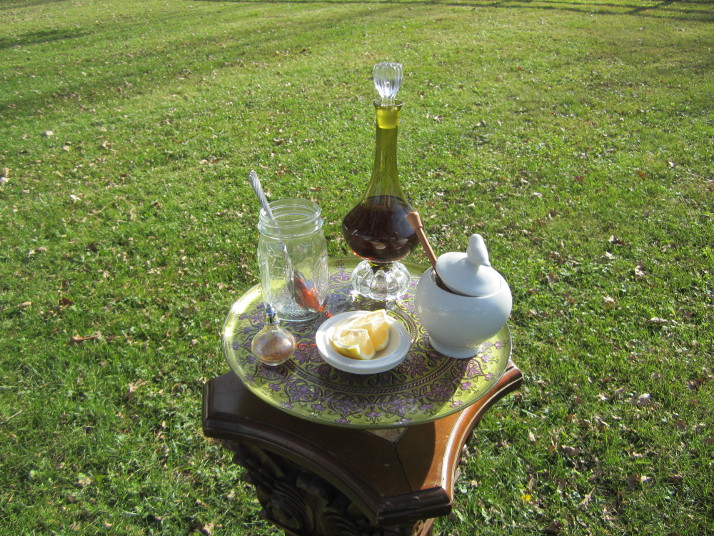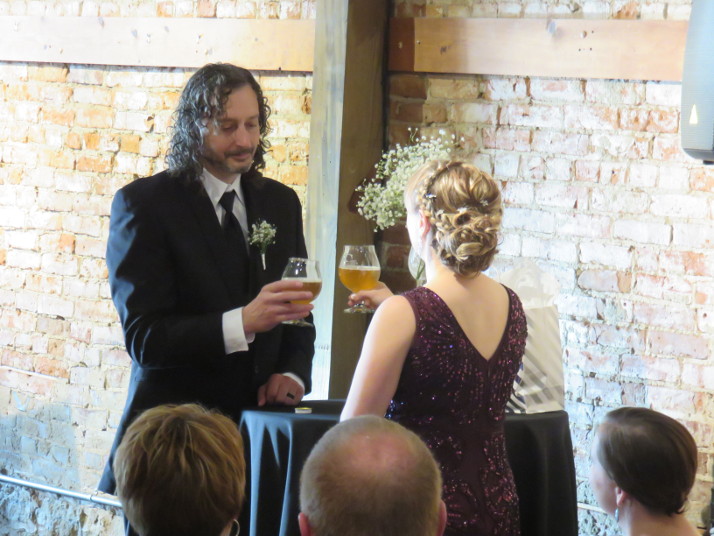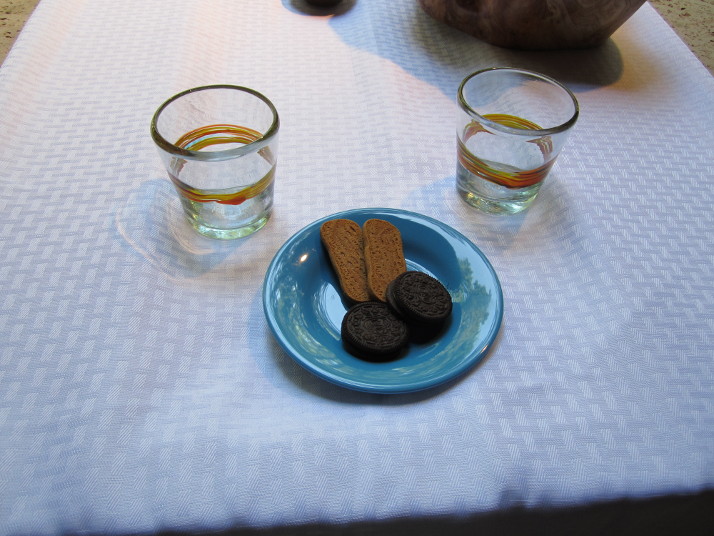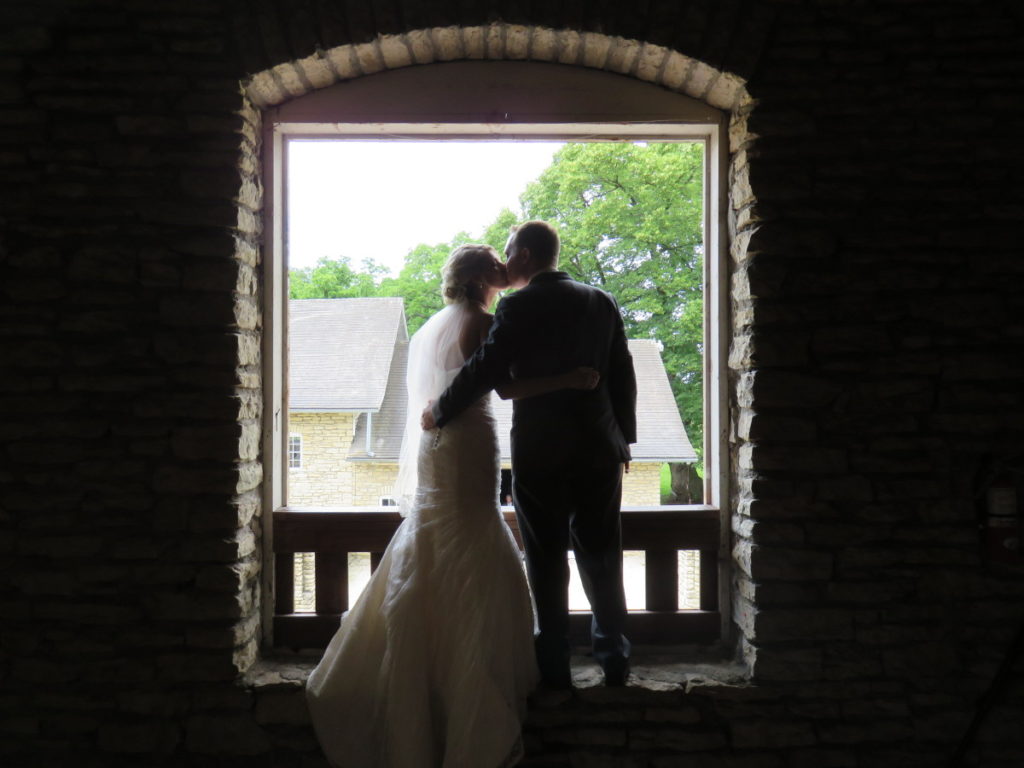Personalizing Your Unity Ritual
Personalizing your unity ritual is a wonderful way to share part of yourselves with your guests during your wedding ceremony. Unity rituals usually follow your exchange of vows and rings and are meant to be symbolize your coming together in marriage. There are a number of meaningful unity rituals that you can choose from, but creating a new ritual that reflects you, your interests or values can add extra significance to your ceremony.
Through the years I’ve had the opportunity to write unity rituals for couples that connected to them in various ways. Here are some examples:

Hot toddies: This couple was serving hot toddies as the signature drink at their fall wedding, so we had them build one during the ceremony. We spoke about the sugar representing the sweet and loving moments in their marriage, and the lemon representing the more challenging times they may face together. The alcohol represented the strength of their love and passion for each other, and the hot water reflected the need to provide support and warmth each and every day. The ritual connected their guests to the couple and to the festivities to come. As toasts were raised with the signature drink during the reception, it hearkened back to the ceremony itself.

Beer sharing: With many couples enjoying craft beers these days, this unity ritual may have broad appeal, but it was especially meaningful for this couple – he ran a craft brewery and had invented the beer, she had named this particular brew “Sunny Days”, and they shared it and toasted their marriage with it during their ceremony.

Cookies and milk: This unity ritual shared an intimate part of the couple’s lives with their guests. Each day they shared milk and cookies at the kitchen table as they shared the events of the day with each other. They each had their favorite cookie. One needed non-dairy milk. They will carry these preferences and needs into their marriage, retaining their individuality. But by connecting each day they will ensure that their marriage and life together remains their focus.
Personalizing your unity ritual as these couples did allows your guests to know more about you as individuals and a couple, and connects the ritual to you in a memorable way. Whenever they share a hot toddy, toast with a beer or share milk and cookies it reminds them in a subtle way of their wedding day, of the promises they made to each other, and of the life they are building together. Let your unity ritual be just as powerful for you.

